And yet, because we’re witnessing the events of the summer of 1969 from the perspective of a sweet child named Buddy—Branagh’s stand-in, played by the irrepressibly winsome Jude Hill—there can be an oversimplification of the upheaval at work, as well as an emotional distancing in the way the film is shot. We see and hear things the way Buddy does: in snippets and whispers, through open windows and cracked doors, down narrow hallways and across the cramped living room, where “Star Trek” always seems to be on the TV. (Haris Zambarloukos, who has shot several of Branagh’s films including “Cinderella” and “Murder on the Orient Express,” provides the evocative, black-and-white cinematography.) When a Protestant mob charges down his block as he’s playing make-believe in the middle of the street, trying to root out the neighboring Catholic families, the trash can lid he’d been using as a toy shield suddenly becomes a vital piece of protection against flying rocks.
This is the constant push-pull that serves as a through-line in “Belfast.” It’s a film that frequently feels at odds with itself, resulting in equal amounts of poignancy and frustration. Ultimately, though, the sincerity on display wins you over. You’d have to be made of stone otherwise, especially in the simple, quiet moments when Buddy learns valuable life lessons to the strains of Van Morrison. (Yes, the words feel cheesy as I’m typing them, but gosh darn it, that kid is adorable.) It’s a lovely touch that the girl Buddy has a crush on—a pig-tailed blonde who happens to be Catholic—also happens to be the smartest student in class, and the way he woos her inspires fond laughter.
Given Branagh’s longtime stature as an actor, it’s no surprise that he’s drawn warm, authentic performances from his top-tier, perfectly chosen cast. Within this modest, working-class, Protestant setting, Buddy views his parents as movie-star glamorous—larger-than-life as the actors in the pictures he yearns to see each weekend at the local movie house. Known to him (and to us) only as Ma and Pa, his mother (Caitriona Balfe) is elegant and feisty, while his father (Jamie Dornan) is charismatic and kindhearted. Judi Dench and Ciaran Hinds have an effortless chemistry as his grandparents, teasing each other mercilessly from a place of deep love and affection and a lifetime of commitment—to each other, to this place. The scene in which they transition breezily from giving each other a hard time to dancing in the living room, Pop serenading Granny in her ear as he holds her close, is perhaps the film’s highlight.
You can view the original article HERE.

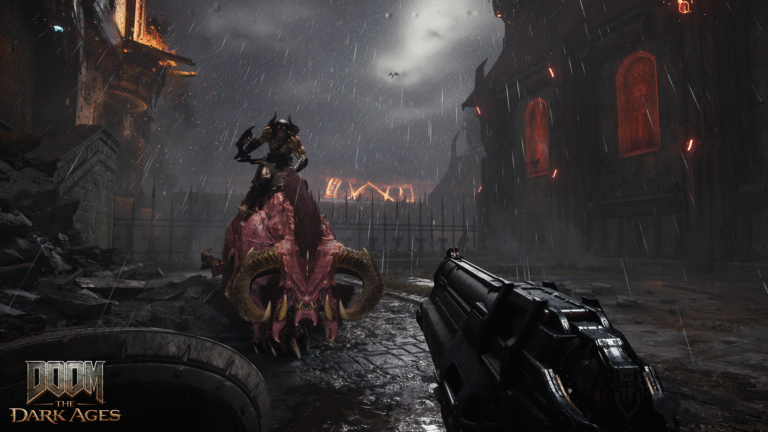
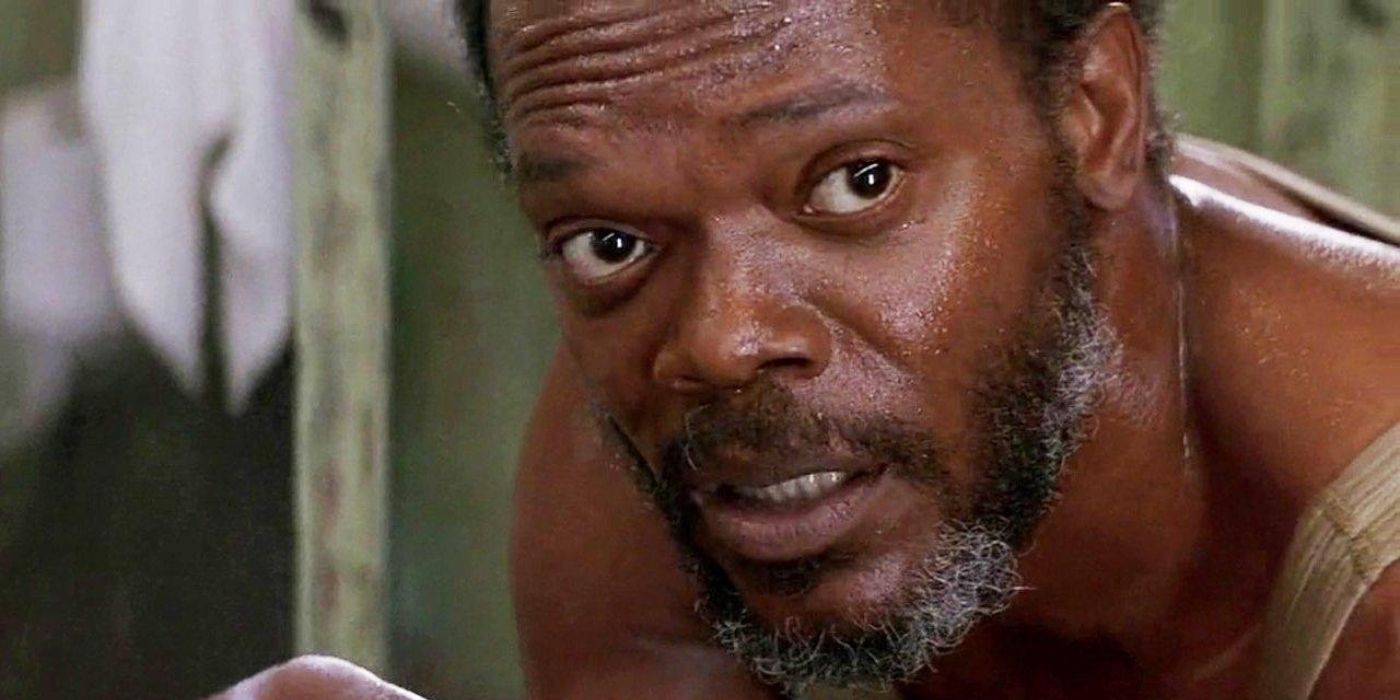


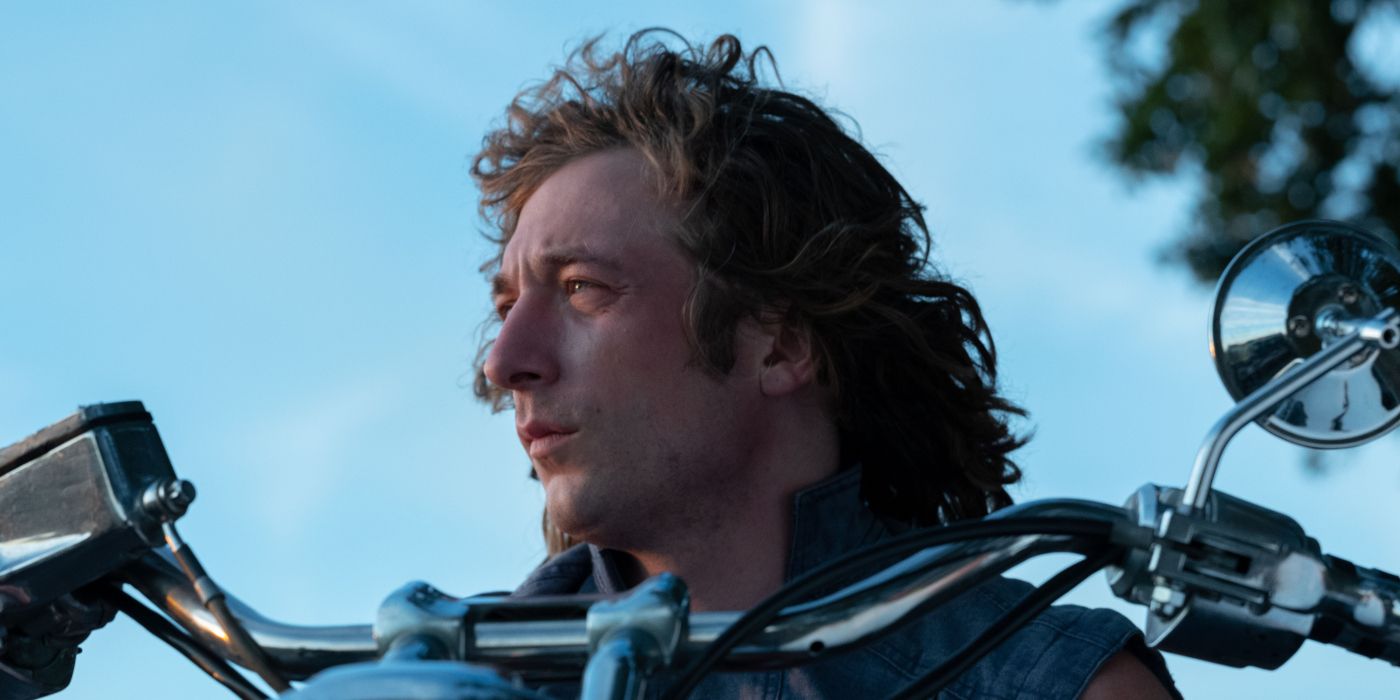
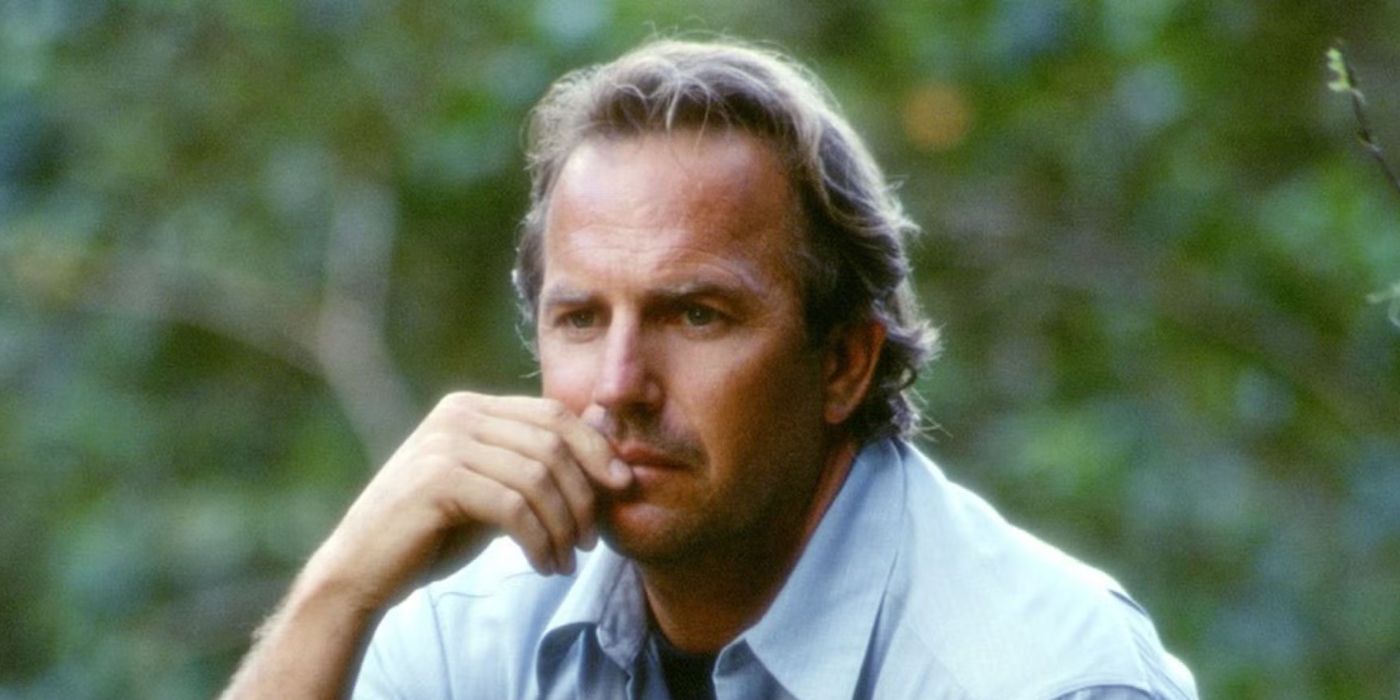

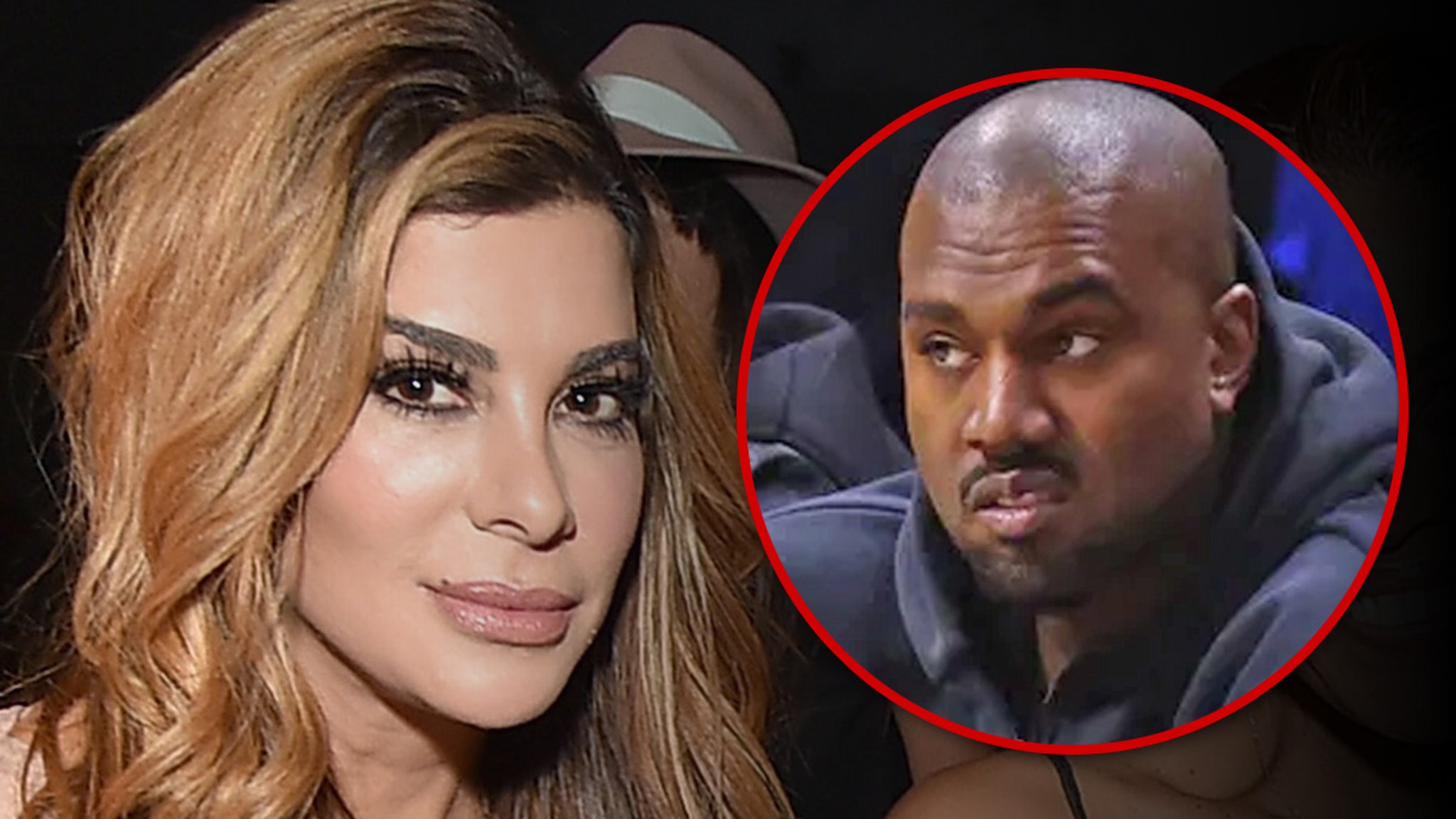
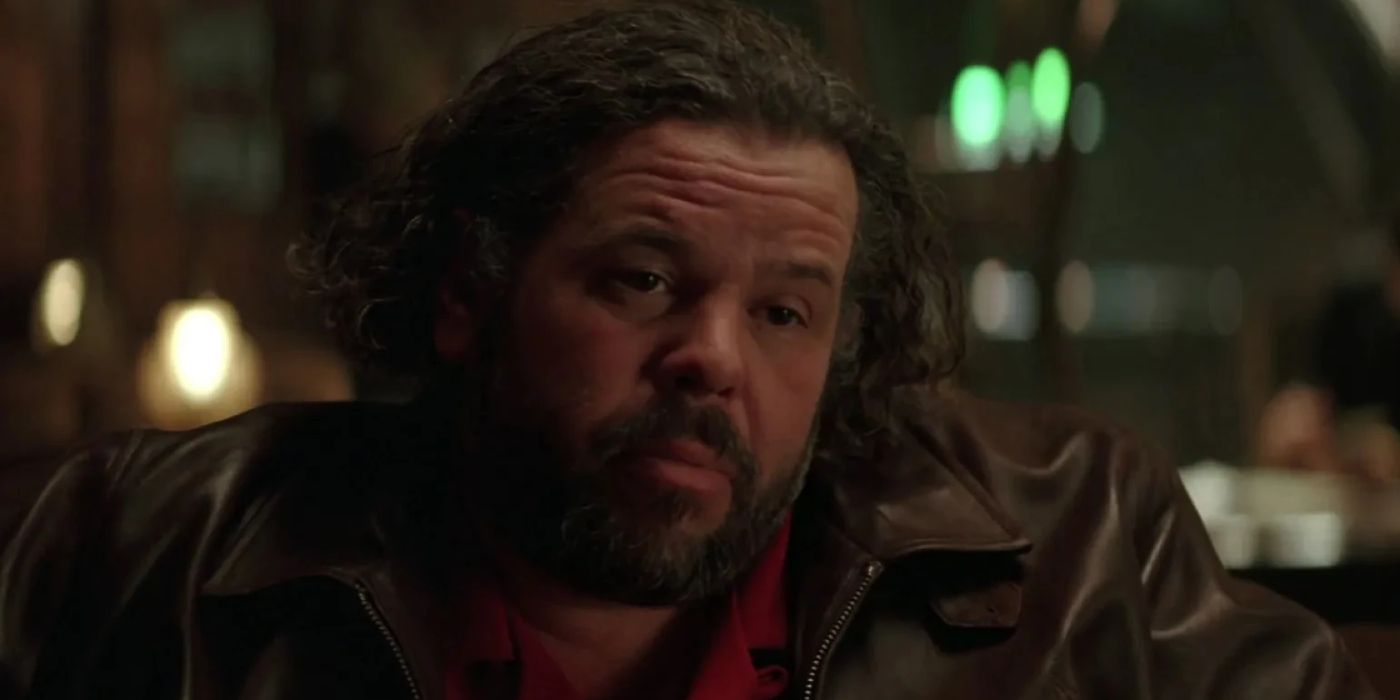
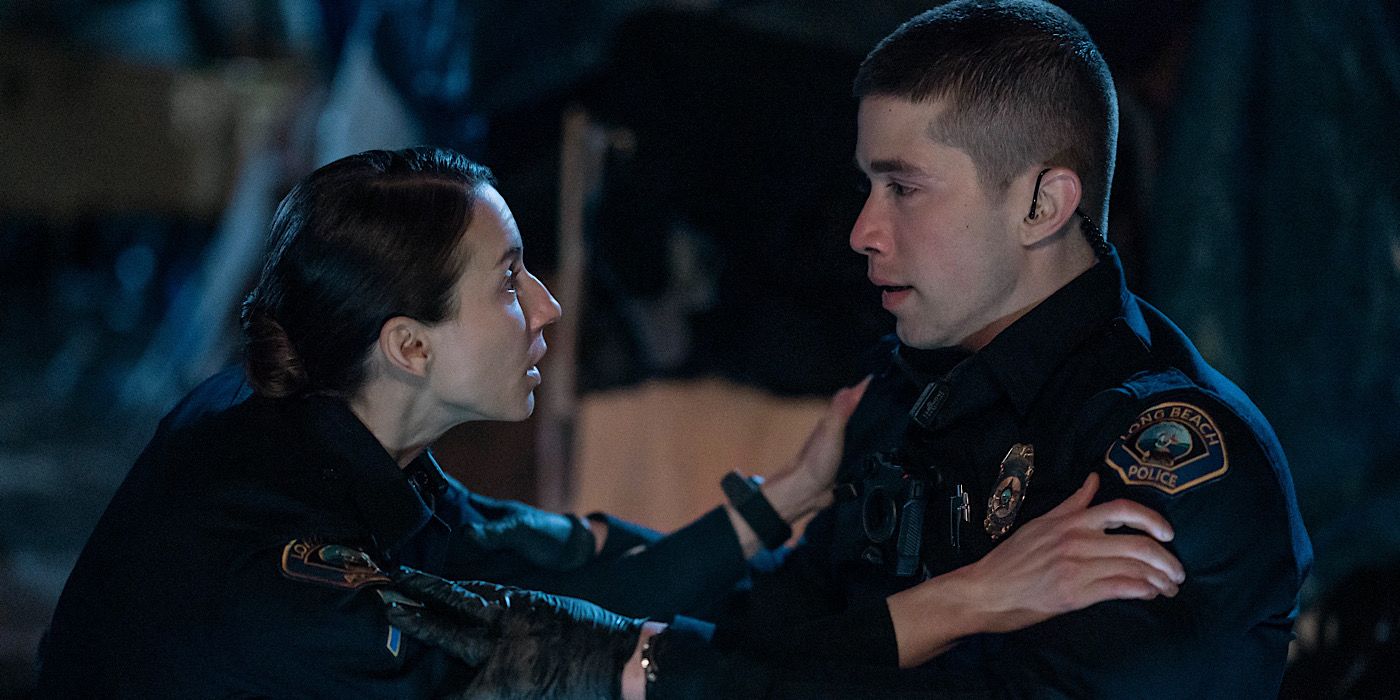



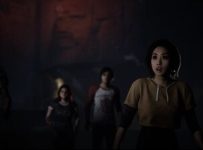




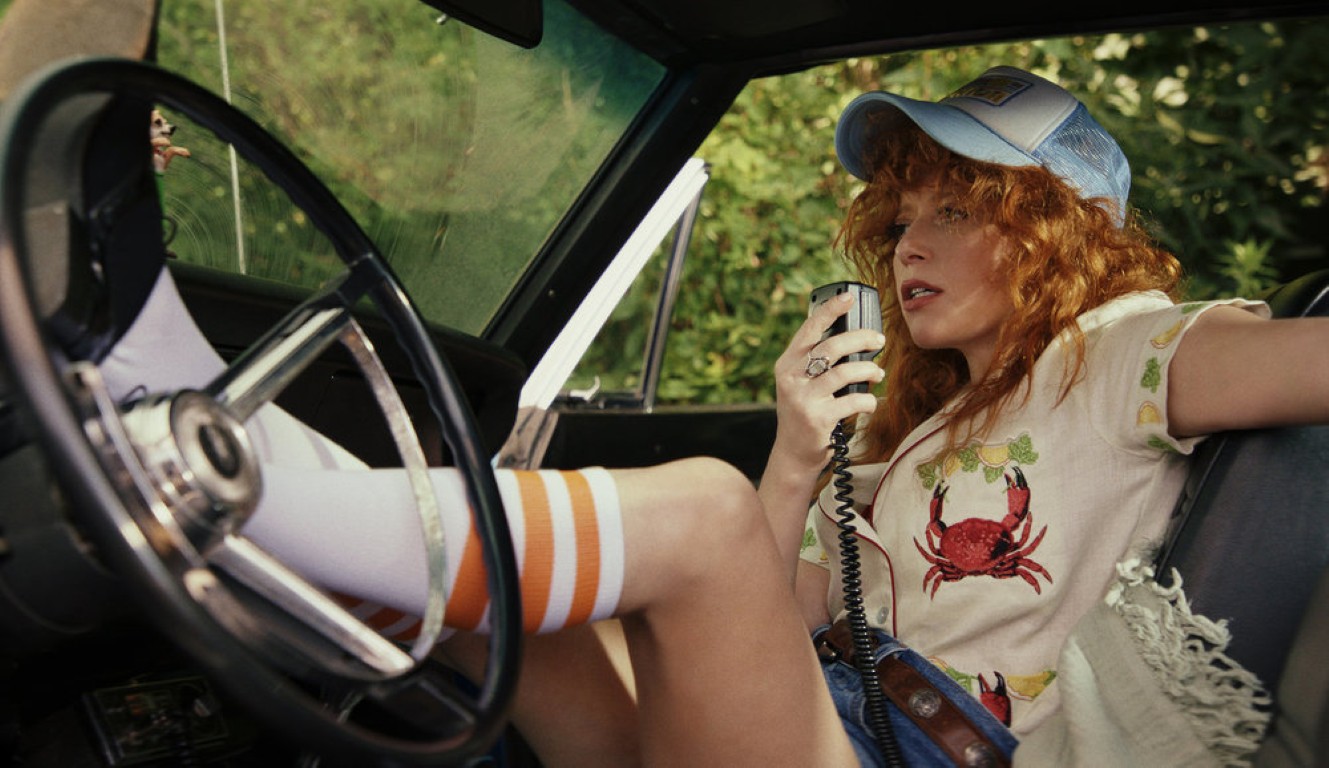

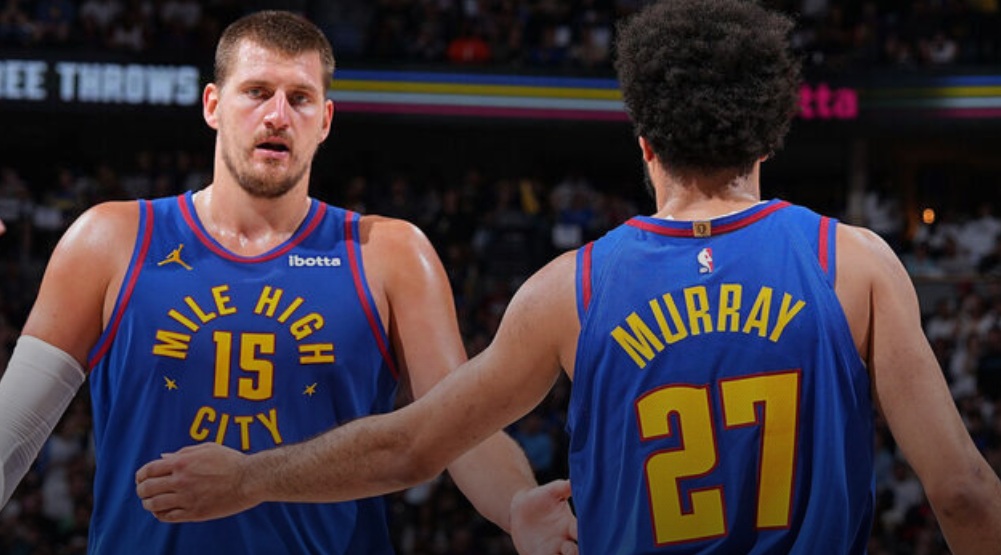
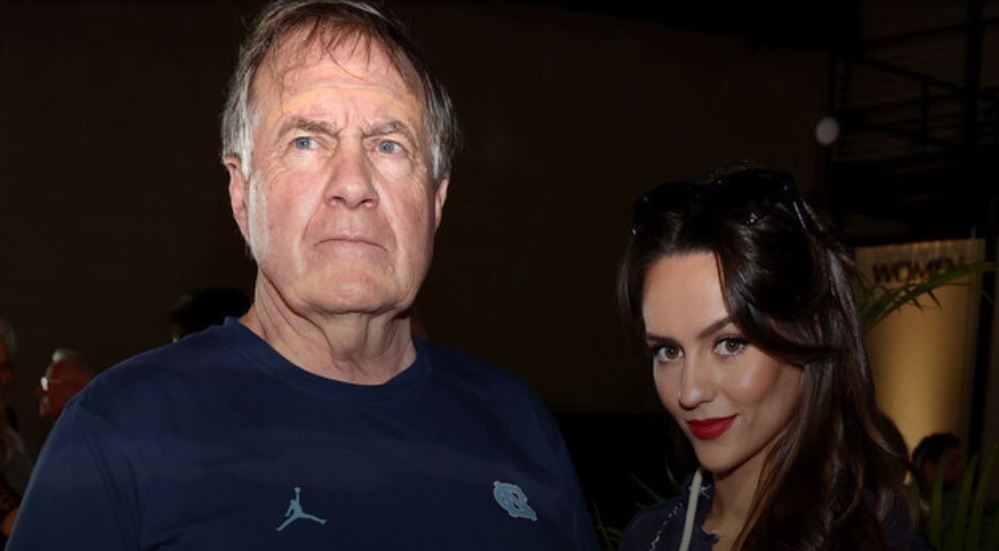


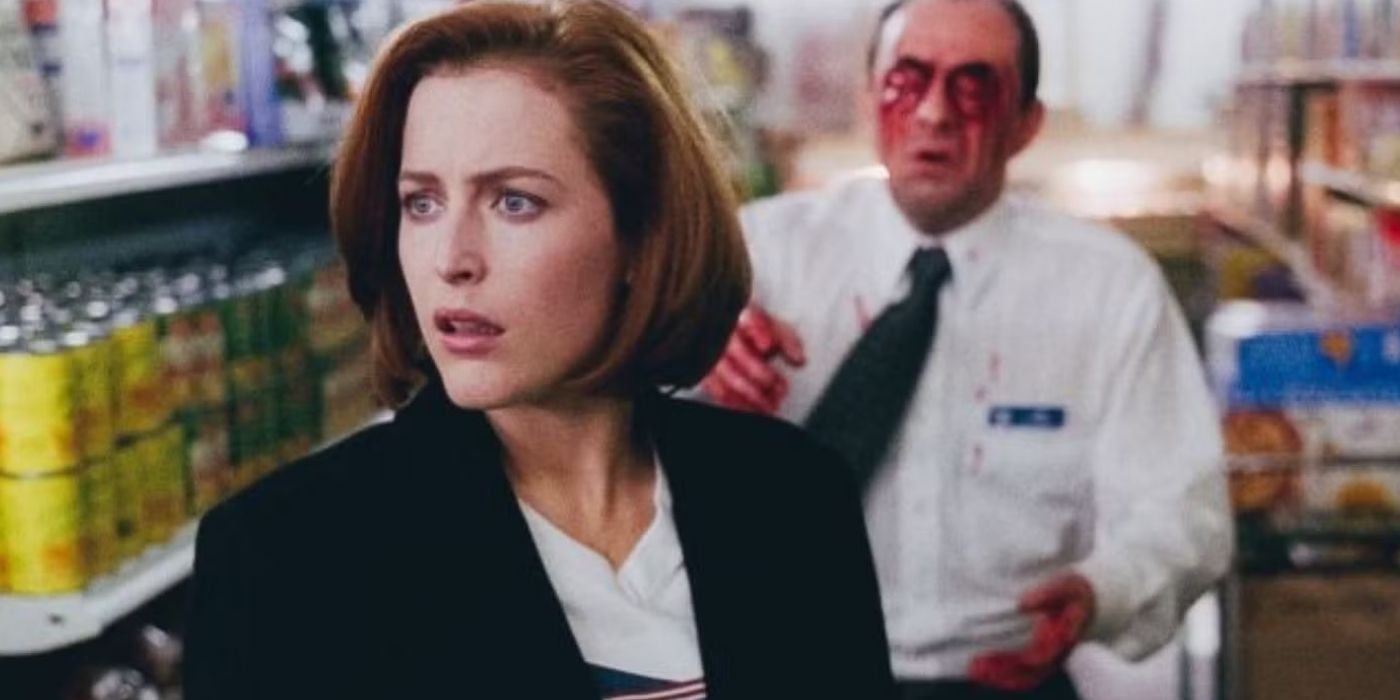
![Here’s To The Ladies Who [Hat] Lunch! Here’s To The Ladies Who [Hat] Lunch!](https://fashionweekdaily.com/wp-content/uploads/2025/05/Katherine-Birch-Marcia-Mishaan-Gillian-Miniter-Muffie-Potter-Aston-Elyse-Newhouse-scaled.jpg)
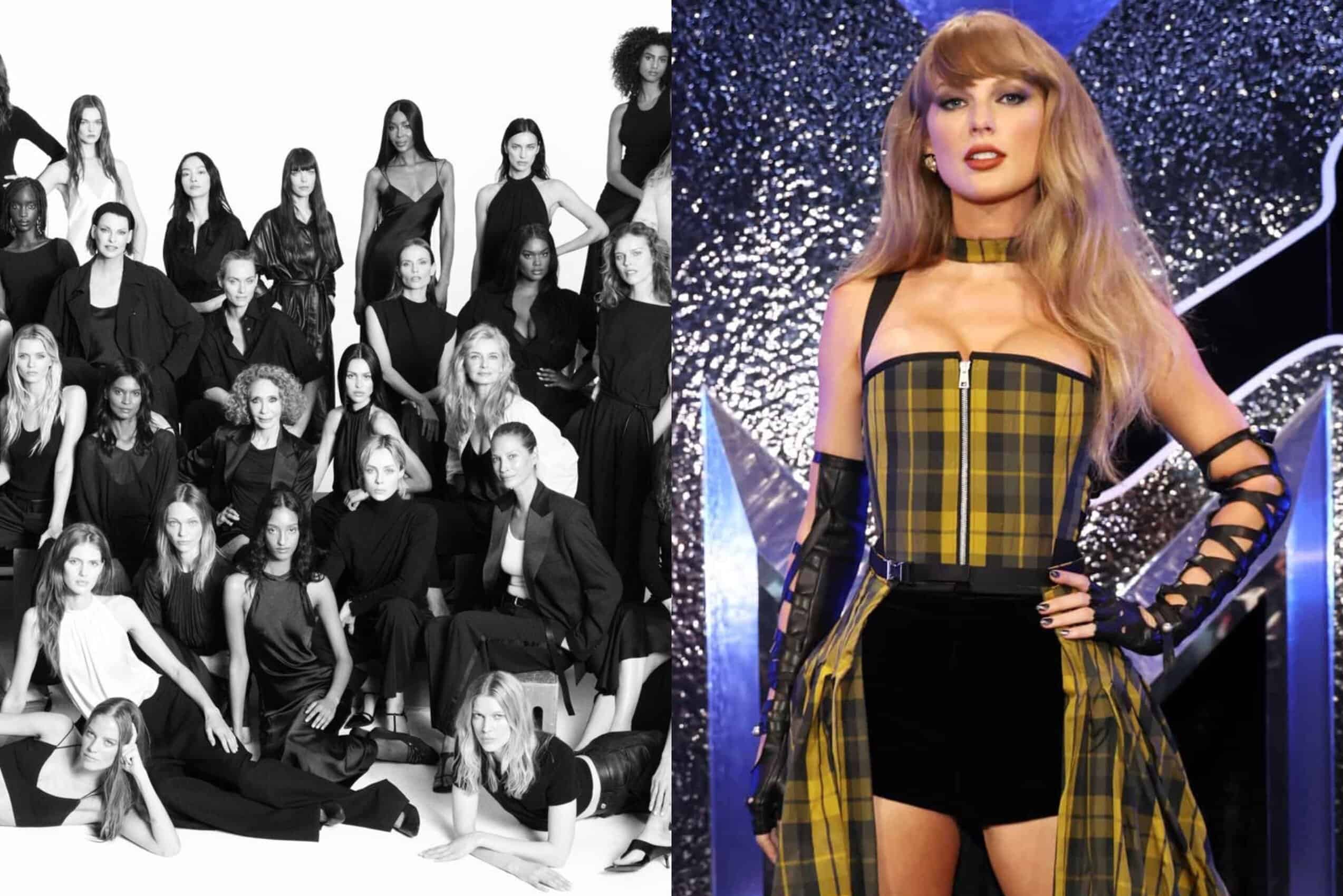

:quality(85):upscale()/2025/05/09/898/n/1922564/08820d57681e6695718682.30750670_.jpg)